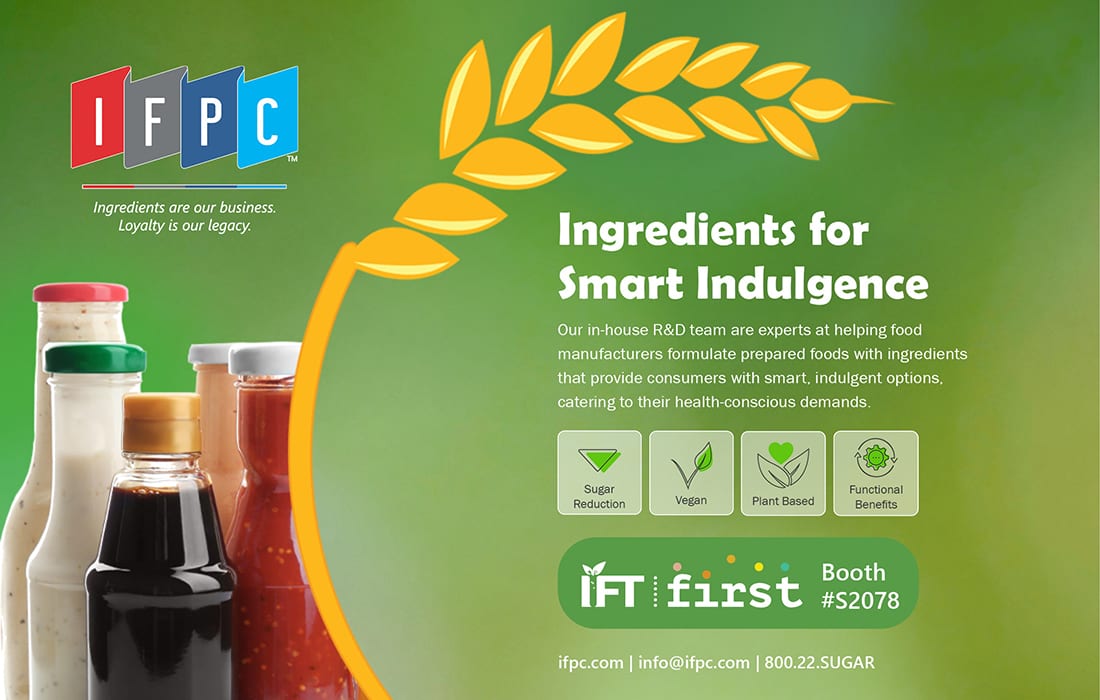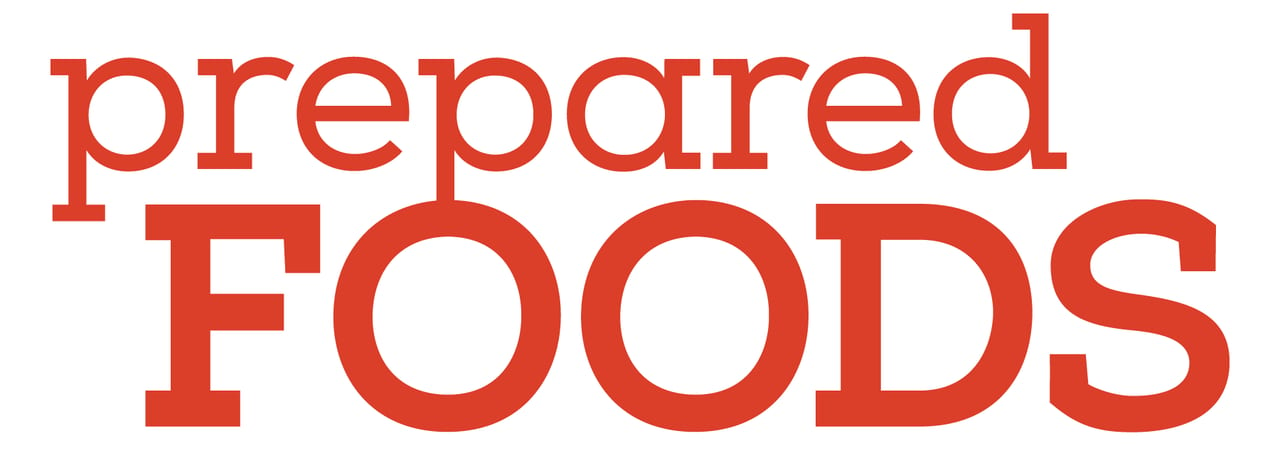JUNE 2023

men’s health
Technologies
Better for Men
June is Men's Health Month and men’s nutrition needs are finally getting recognition.
Product makers are recognizing the specific nutritional needs men have for immunity, health, and—of course—vitality. Video courtesy of Getty Images / mack2happy
Men’s health concerns, like those of women, evolve according to their ages and stages of life. Today, many men find themselves sedentary during the week, then go out on a weekend morning with the intention of making up for lost time. They might opt for running five or 10 miles, or biking 30 miles. They also might hit the gym "hard," which most often means lifting too much weight or overdoing the treadmill to “feel the burn.”
This is where ingredients for damage control come in. High-antioxidant fruits, such as berries and anti-inflammation botanicals (such as turmeric and saffron) are among a number of options to help counter the morning-after aches and pains associated with being weekend warriors. The curcumin in turmeric has been found to be especially helpful as an anti-inflammatory for aching and arthritic knees.
By Keith Ayoob, EdD, Contributing Nutrition Editor
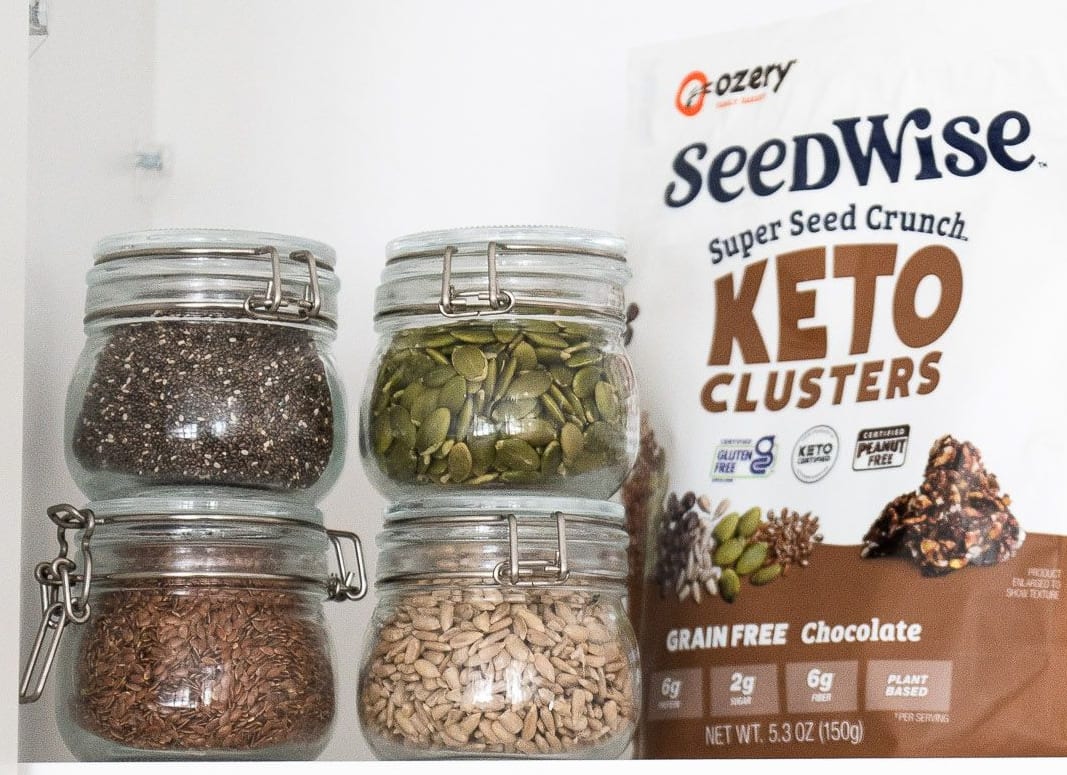
One new botanical gaining attention is mango leaf extract. It’s rich in a group of antioxidants called polyphenols, and a recent, random, placebo-controlled study found that when mango leaf extract was combined with quercetin— another antioxidant with anti-inflammatory properties—male athletes had less muscle pain and better recovery of muscle performance. Quercetin is found in red wine as well as in cherries and other dark red fruits.
Joint health is a definite target for anti-inflammatories, and two of the more common anti-inflammatory agents are omega-3 fatty acids and collagen. Omegas have decades of study supporting their efficacy in helping to protect the heart, aiding in nerve and brain function, and ameliorating many other health concerns. A number of studies also back the benefits of omega-3s for reducing and even helping to prevent arthritis, plus easing swelling in the joints and tendons.
Pumpkin seeds contain a wealth of science-backed components shown to help support prostate health, including lignins, zinc, and phytosterols. Photo courtesy of Ozery Family Bakery, Inc./SeedWise
Men like chocolate, too
Multiple studies have been conducted on the health benefits of dark chocolate with a high cocoa content (at least 70% in most studies). These bear out that, while a dense source of calories, chocolate has some seriously great benefits beyond the feel-good endorphins it triggers when it melts in the mouth. The cacao bean has more excellent healthful and bioactive compounds than can be listed in one article. The main phytochemical group in cacao is a subset of polyphenols called flavonoids. These compounds have strong anti-inflammatory properties.
Chocolate’s other benefits are its content of alkaloids, especially theobromine, theophylline, and caffeine. These alkaloids have been shown to significantly improve blood flow; help boost respiration, wakefulness, and energy; and perhaps even improve cognition. Cocoa powder is the most concentrated form of the cacao plant’s beneficial compounds, and product formulators have been recognizing the versatility of cocoa (in its unsweetened form) in savory products as well, such as rubs, sauces, and seasonings.
Many of the studies on confectionary dark chocolate have found that blood flow could be increased with a surprisingly small amount of the treat—as little as 7g (about ¼oz). Higher doses don’t appear to further improve blood flow, but other studies indicate that the best amount for chocolate’s full panel of benefits is one ounce per day.

Salmon not only is rich in omega-3s for heart health and cognitive health, it also is a great source of coenzyme Q-10. Photo courtesy of: Salmones Austral, NA/Secret Island Salmon
Heart guard
Of course, chocolate is not the only ingredient that can help support heart health. Men are at higher risk than women for heart disease and heart attacks, and the lipid coenzyme Q-10 (CoQ10) is well-studied for its ability to support cardiovascular health. CoQ10 production decreases with age, starting as early as the mid-30s.
Unfortunately, the need for it does not. Many men in late middle age find themselves on statin medications prescribed to help lower LDL cholesterol. But statins can further reduce CoQ10 levels. Plant and animal foods, such as meat, fatty fish, nuts, and some fruits contain CoQ10, but added CoQ10 might be necessary to truly impact blood levels.
Feelin’ Good, Lookin’ Good
“I feel badly for men because their health hasn’t been given the attention it deserves and they haven’t been encouraged to be interested in it until now,” says Kerry Hughes, MS, an ethnobotanist and regular contributor to Prepared Foods. Hughes notes that there is a wealth of plant-derived ingredients that men should consider incorporating into their daily life to improve health, energy, and performance. Saffron, red amaranth, and rhodiola are just three examples. Meanwhile, a recent study of 180 physically active volunteers found that bioactive collagen peptides can reduce joint pain in younger adults. Along with vitamin C, collagen also is known to help support healthy skin. Collagen, the building block of tendons and joints, has been marketed to women for around a century to support healthy skin and nails. But recently, men have been on the receiving end of marketing beauty-from-within. A number of collagen products for men have hit the shelves specifically focused on mitigating those rugged, "Marlboro Man" face lines.

Photo courtesy of: DolCas Biotech, LLC
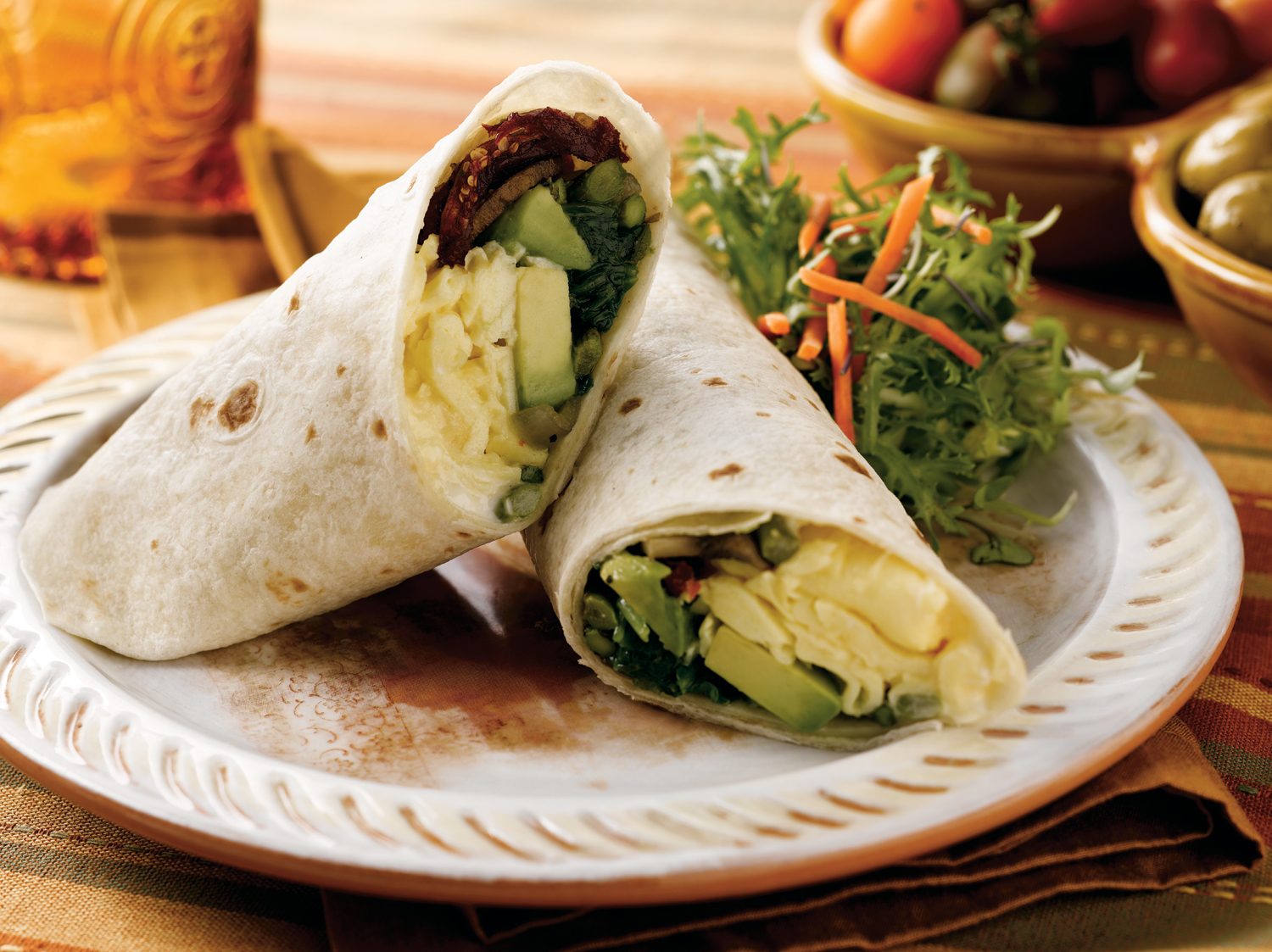
Another advantage of CoQ10 could be an ability to aid sports performance. “While there is not a lot of research regarding CoQ10 and athletic performance, one study found an ergogenic benefit,” notes Leslie Bonci, RDN. The study of cycling athletes revealed benefits from supplementing with 300mg of CoQ10 daily. “The CoQ10 could help a person exercise longer and have greater power output, leading to a more efficient and more effective workout,” Bonci explains.
CoQ10 is fat-soluble, so an encapsulated form would be needed if incorporating it into certain beverage preparations or fat-free snack foods. Another possible solution is a new formulation of CoQ10 that increases its bioavailability by using a food-grade phytosome preparation. Phytosomes are combinations of a biological ingredient with a phospholipid, such as lecithin, which makes the ingredient more soluble.
Eggs contain the most bioavailable protein, and are rich in choline, vitamins A, B, and D, iron, and the eye-health carotenoids lutein and zeaxanthin. Photo courtesy of: American Egg Board
CoQ10 is also safe. It has all the aforementioned benefits, and virtually no side effects, although its use in persons taking blood thinning medications should be monitored by a physician. The usual amount suggested is 100-200mg/day.
Look out below
Starting as early as the mid-30s, men are tasked to start focusing on the “P” word: prostate. The risk of prostate cancer in men climbs steadily with age, so much so that some health experts say that if a man makes it to 85, he has nearly a 100% chance of contracting cancer of the prostate. The most common form has among the highest cure rates for cancers and also is one of the slowest in progressing. But these statistics assume men are on their guard and taking preventive measures.
When it comes to ingredients that could help, saw palmetto (Serenoa repens) has received more study for prostate health than any other botanical. Most saw palmetto studies focus specifically on the lower urinary tract symptoms associated with benign prostatic hyperplasia (BPH), also known as enlarged prostate.
Studies on saw palmetto extract (SPE) have been mixed, but a number have pointed to benefits like reduced prostate size and fewer urinary tract symptoms. One of the main issues is a lack of standardization of SPE. Only the European Pharmacopoeia has set standards for what SPE must contain.
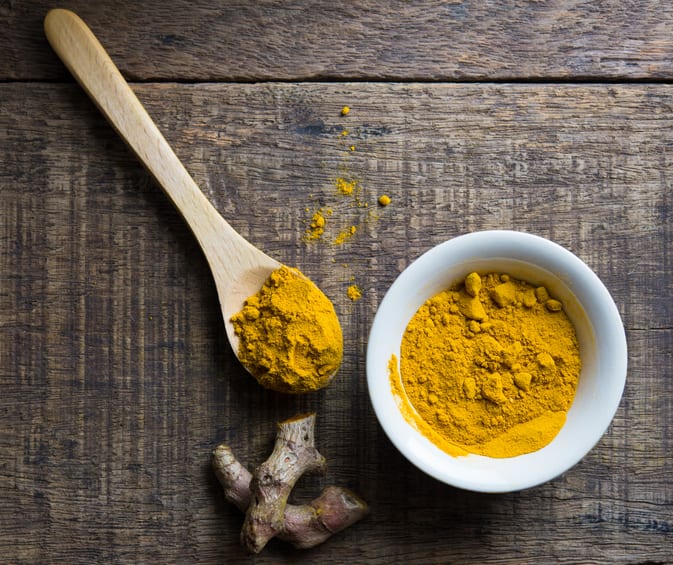
It should be noted that saw palmetto is not recognized as GRAS by the FDA, so food products containing saw palmetto would need to be labeled as “supplements.” There are, however, other ingredients for prostate health that do not require such labeling.
In a study involving patients already diagnosed with prostate cancer, results indicated that 30g of flax seed ingested daily reduced the proliferation of prostate cancer cells. A previous animal study found that flax seed hulls helped reduce the size of enlarged prostates.
The active part of flax seed in that study was found to be lignin, a fiber that has significant antioxidant capacity and has also demonstrated antiviral and anticancer effects. Flax seeds are a great source of this and other fibers, plus protein and omega-3 fatty acids.
Results of a randomized, placebo-controlled study indicated pumpkin seed reduced symptoms such as urgency and frequency of urination after 12 months of regular use. Moreover, these results were achieved with only a modest culinary dose of 5g of seed twice daily—an amount easily added to any number of snack or breakfast foods. Pumpkin seed allergies are rare as well, making it an ideal ingredient to include in any number of products.
Natural botanicals, such as turmeric-derived curcumin, afford men protection from inflammation and help with immune support. Photo courtesy of: Arjuna Natural Pvt, Ltd.
S*x
Sexual health and stamina concern all men, at every age. They want optimal function throughout their lives and they’re willing to go the extra mile if it will help them “go the extra mile.”
Oxidative stress has been implicated in male infertility and contributes to 30–80% of infertility cases worldwide. Emerging research could thus make CoQ10 more broadly appealing for another reason: A new study revealed that CoQ10 supplementation in men with infertility significantly improved both sperm count and sperm motility at a commonly available dosage of 200mg/day.
The same study also compared the effect of CoQ10 with another antioxidant, the mineral selenium, at 200 µg/day. The effect was milder, albeit still significant, for the antioxidant mineral. Selenium is an essential nutrient, with the best food sources being Brazil nuts and garlic. In fact, just a single Brazil nut has about 70-90µg of selenium. Formulating a trail mix with several Brazil nuts per portion would yield that 200µg amount.
The daily stresses of life arguably are among the most influential factors affecting libido and sexual function. “Ginseng, particularly the Panax ginseng variety called Korean ginseng, is one of the main botanicals promoted to help counteract the negative impact of stress on the body,” notes ethnobotanist Kerry Hughes, MS. “Stress causes very real physical changes in the body, including harming the neurological, endocrine, and immune systems. As an adaptogen and one of the most studied botanicals, ginseng has stimulant properties that could help counteract those harmful effects.” PF
Keith Ayoob is Associate Clinical Professor Emeritus of Pediatrics at the Albert Einstein College of Medicine, NYC, and creator/director of Cut-to-the-Chase Nutrition, an information source dedicated to “busting myths, minimizing misinformation, and neutralizing the negatives” of nutrition. He also is editor of the Edible Rx newsletter. Dr. Ayoob may be contacted via www.cuttothechasenutrition.com.
JUNE 2023

